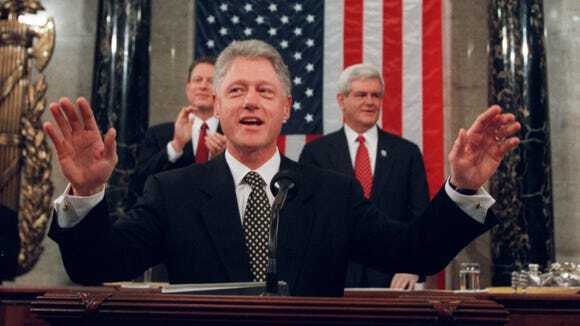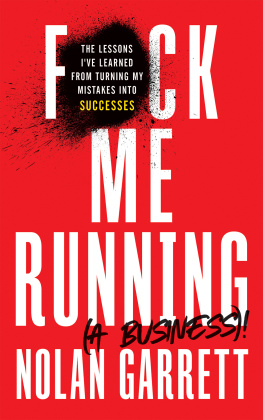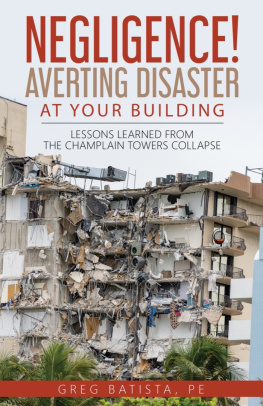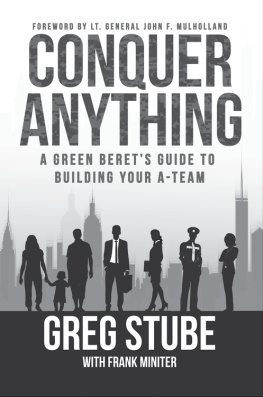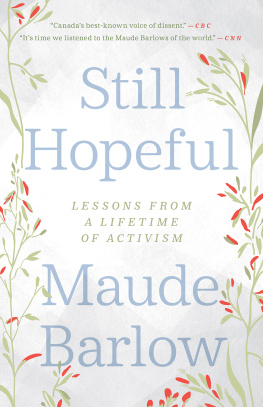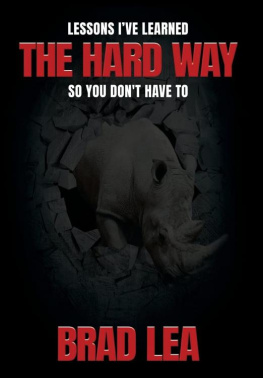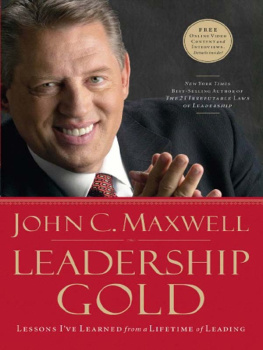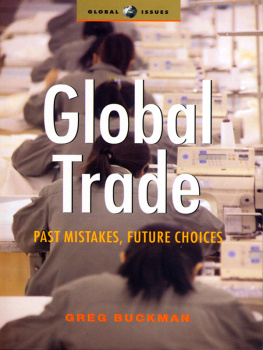Dont Say That At Work!
Lessons Learned from
a Lifetime of Mistakes
By
Michael D. Callaghan
Copyright 2020 Michael D. Callaghan.
All rights reserved.
walkingriver.com
Table of Contents
Dont Succumb to Prejudice
Dont Assume Unwisely
Dont Get Angry
Dont Whine
Dont Use So Many TLAs
Dont Talk So Fast
Dont Be Dishonest
Dont Be Too Honest
Dont Criticize Publicly
Dont Talk Politics
Dont Blab on Social Media
Dont Give Unnecessary Details
Dont Have an Attitude
Dont Tell Me No
Dont Interrupt
Dont Stare at the Floor
Dont Throw Temper Tantrums
Dont Demean Others
Dont Air Your Grievances
Dont Do These, Either
Foreword
I met Mike when I started following him on Twitter over a year ago. I initially followed him due to his developer content and later connected with him further due to our shared love for Disney. As a fellow developer, he invited me to help review a few of his newest video courses he was working on. Shortly after that work began, the world shutdown because of the COVID-19 pandemic. Mike briefly lost his recording studio and as this put a pause to video recording, he quickly switched gears and took to writing books. Once again, Mike reached out to me about proofreading and having a sounding board for ideas.
Mike is a nearly 30 year veteran of software development. He has worked for small and large companies in those decades. Most notably, he has worked for HP, as a contractor at Dell, and now as a Lead Software Engineer at the Walt Disney World Resort. Mike is a speaker at tech conferences and is the author of video courses on Pluralsight. His experience and knowledge are a valuable asset to his readers and students. In his time at Disney, Mike has been an integral part of projects that help bring the magic to guests of Walt Disney World.
Dont Say That At Work is a fascinating walk through decades of mistakes made on the professional stage. As someone who worked my way through the ranks of business into the role of Chief Technology Officer, I have not only made some of the mistakes Mike describes in this book, I have had to manage how to handle recovering from them. Overcoming some tough situations over the years, I would have loved to have had this book in my arsenal in order to be a better employee and manager without having made these mistakes.
Now that Im freelancing, Im thankful to have this guide to what I dont want to think, say, or do. Working with different clients and teams, sometimes at the same time, has its share of challenges. Being equipped with Dont Say That At Work as a tool is an investment well worth making. Whether you are a C officer, employee, or freelancer, there are a great deal of invaluable anecdotes within these pages. You will learn ways to identify preconceived notions you may have about others in your company. Social media can be a great way to connect but you learn how it could also be a bad way to represent your employer. You know that decision you were not happy with? Dont throw a temper tantrum! Mike does an incredible job navigating you through all of that and more!
I had the honor of not only proofreading and being a sounding board, I also wrote the chapter Dont Interrupt . As a former CTO, I have more than a lions share of stories to tell. Mike invited me to tell one of these stories that truly fit that chapter. The situation I describe, and the resolution, are from my time as the CTO of an Indianapolis vending machine company in 2017. You can find more stories and articles on topics ranging from technology to Disney at my website, https://www.gregmarine.com. And feel free to follow me on Twitter @gregmarine.
I encourage you to apply what you learn from this book. Dont Say That At Work will surely change how you interact with those you work with. This may even improve your personal relationships. Im thankful for the lessons I have learned from reading these pages and it is my hope you find it is as helpful for you as it has been for me.
Greg Marine - Former CTO turned freelance technologist, blogger, Disney fan
Introduction
Like it or not, people do judge you based on your words and how you communicate. Sloppy writing is unprofessional. Sloppy speaking can even prevent you from getting a job or a promotion.
As we will see later, saying the wrong thing, or even the right thing in the wrong way, could lose you customers or even cost you your job. In one case I will describe, what I said almost got me arrested.
How This Book is Organized
The book is laid out into three sections: thoughts, words, and deeds. The idea is that your thoughts affect your words, and words often lead to deeds, or actions.
I will follow a similar progression, describing mistakes in thoughts in Part 1, followed by verbal mistakes (both the spoken and written word), and finally mistakes that you probably do not want to make in your actions, as you deal with others.
Part 1
Your Thoughts Can Mislead You
Dont Succumb to Prejudice
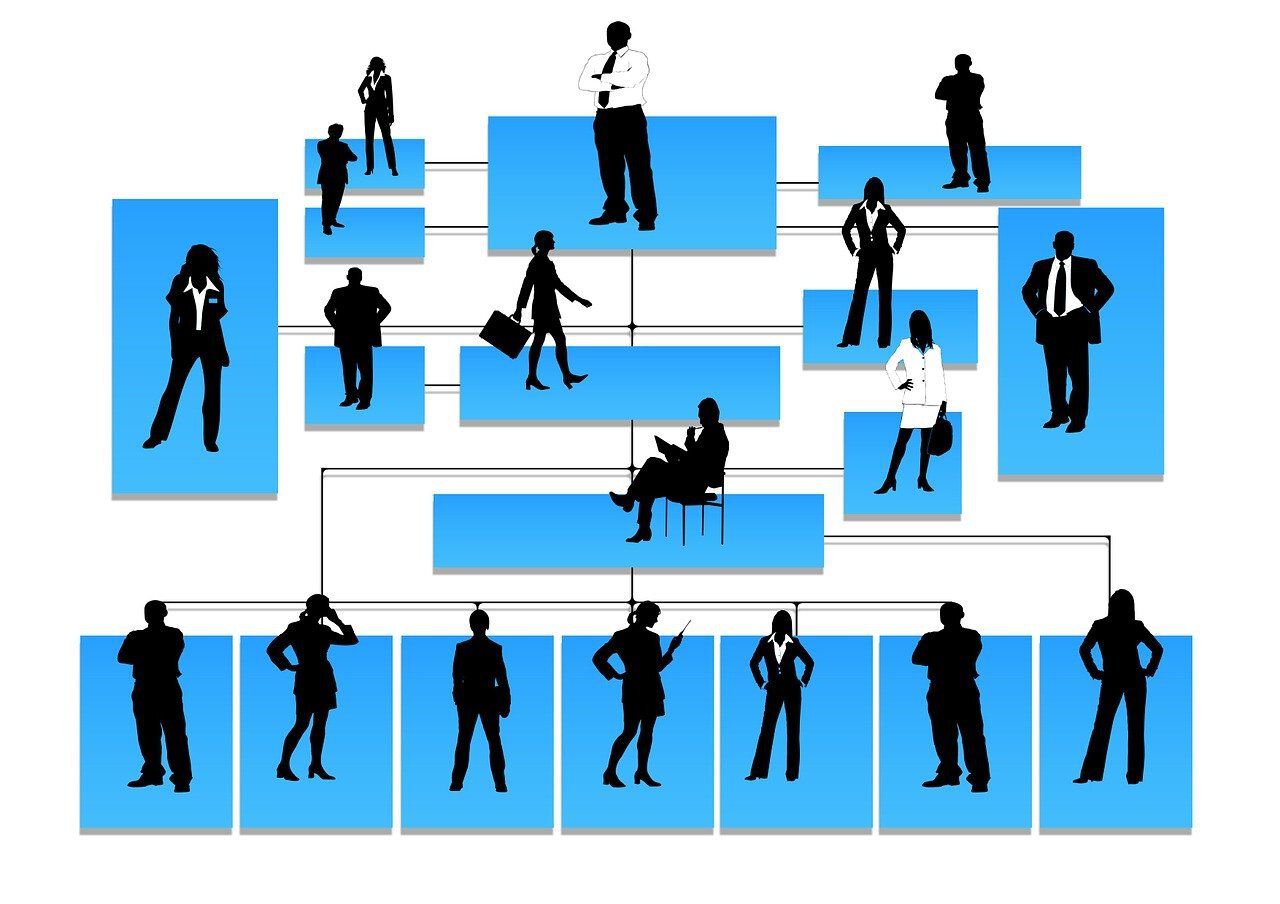
We all have our prejudices. It is natural. Pretending they do not exist will not help you. Better to recognize them for what they are and learn how to circumvent them.
What do I mean by prejudice, though? Please do not confuse prejudice with bigotry. That is not what I am talking about. I simply mean that we all pre-judge information based on our own experiences and biases with the source.
We are all human, and we allow our opinion of the source of information to affect how we interpret the information itself.
Imagine your best friend has been accused of inappropriate behavior at work. Would your immediate reaction be to give the benefit of the doubt and come to their defense, or would you quickly condemn the individual without any additional proof?
Now imagine the same scenario, but this time the accused is a boss you once had who never treated you very well. Would you still be willing to give them the benefit of the doubt, or would you be quicker to condemn the behavior?
It is not easy for us to separate the information from the individual.
Presidential Demonstration
Allow me to demonstrate this concept on a presidential scale, if you will. Consider the following four statements. Each is a selection of a State of the Union Address from each of the previous four US Presidents. My assertion is that as you read them, your bias towards or against each man will sway how you feel about each statement. Read each and try to keep an open mind.
President Bill Clinton
So tonight I announce the Advanced Energy Initiativea 22-percent increase in clean-energy research at the Department of Energyto push for breakthroughs in two vital areas. To change how we power our homes and offices, we will invest more in zero-emission coal-fired plants, revolutionary solar and wind technologies, and clean, safe nuclear energy.
We must also change how we power our automobiles. We will increase our research in better batteries for hybrid and electric cars and in pollution-free cars that run on hydrogen. We'll also fund additional research in cutting-edge methods of producing ethanol, not just from corn but from wood chips and stalks or switchgrass. Our goal is to make this new kind of ethanol practical and competitive within 6 years.

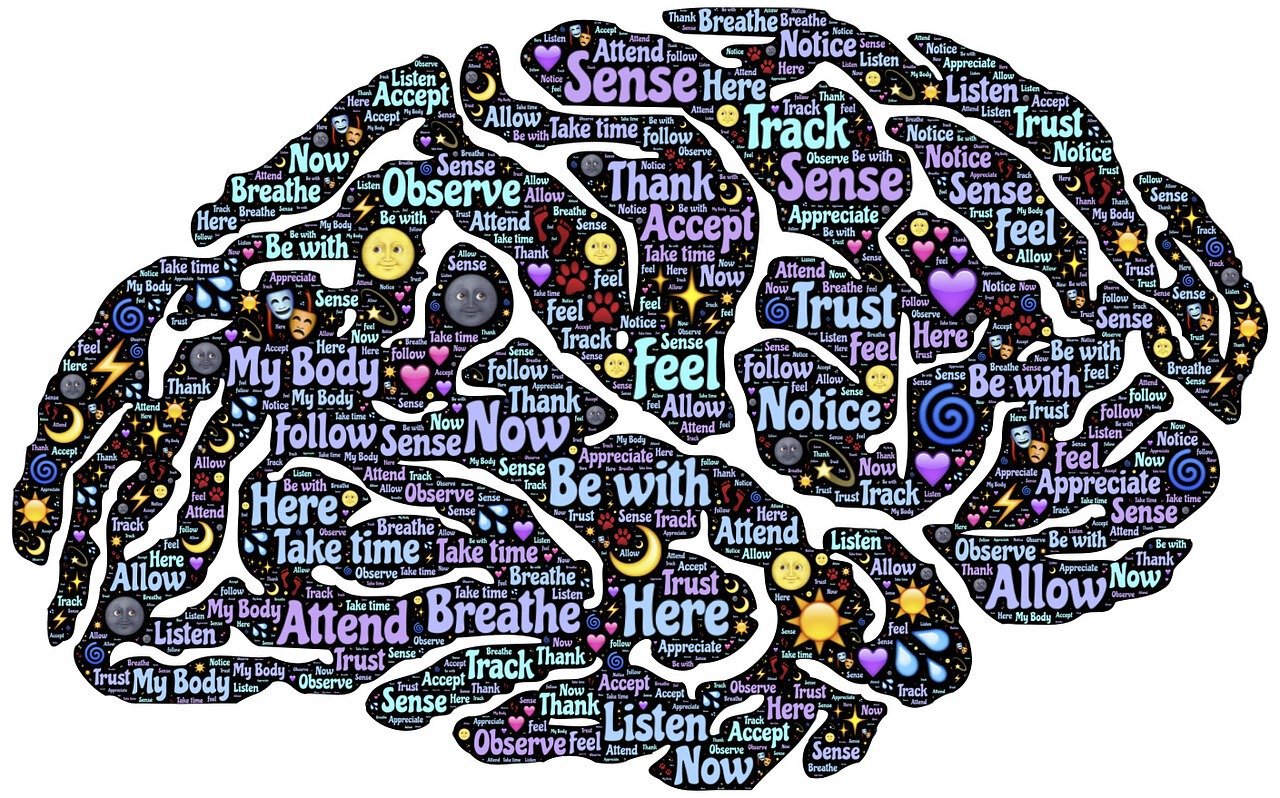
 We all have our prejudices. It is natural. Pretending they do not exist will not help you. Better to recognize them for what they are and learn how to circumvent them.
We all have our prejudices. It is natural. Pretending they do not exist will not help you. Better to recognize them for what they are and learn how to circumvent them.